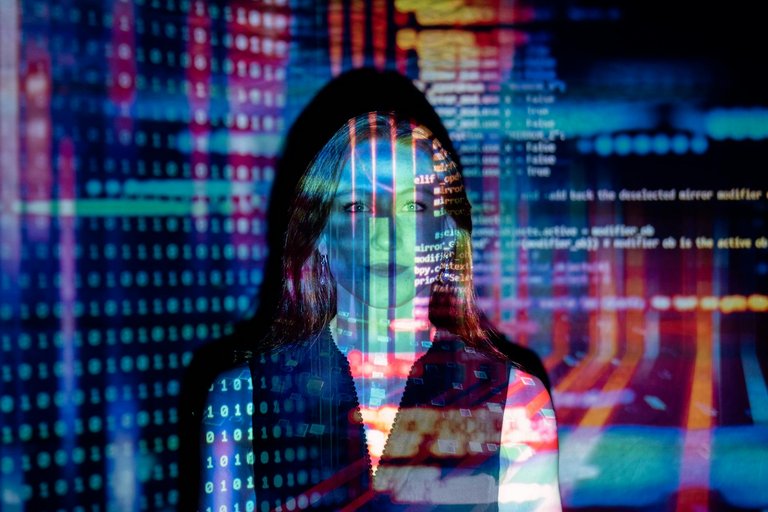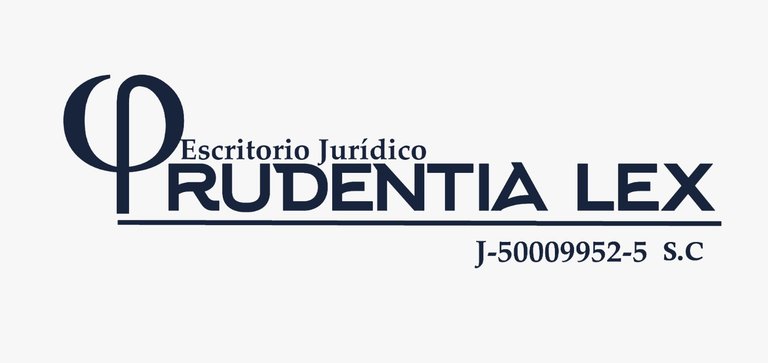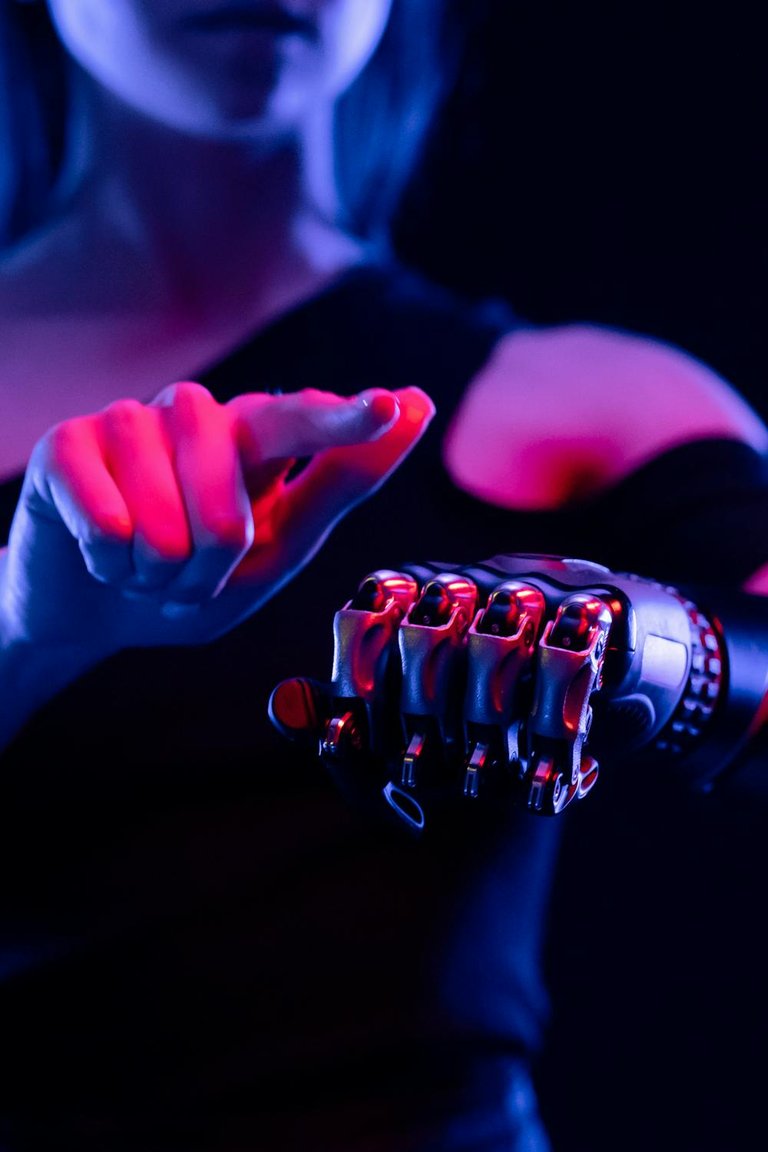Un saludo para todos, por aquí paso compartiendo un par de ideas con respecto al uso de las nuevas tecnologías que surgen para ayudar y apoyar a los seres humanos, haciendo un uso racional del mismo, espero lo sepan apreciar.

Ahora si, entrando en materia, la expresión "todos los extremos son malos" aplica como anillo al dedo cuando se trata del uso de la inteligencia artificial como herramienta de trabajo.
Comprendo que muchos visualizan el uso de la inteligencia artificial como un sacrificio del esfuerzo humano. Sin embargo, la inteligencia artificial llegó para potenciar la labor humana en el desarrollo de nuevas ideas y procesos científicos.

Demonizar el uso de la inteligencia artificial para trabajos intelectuales es como demonizar el uso del vehículo para trasladarse. Desde luego, es desdeñable que alguien utilice un vehículo para recorrer una o dos cuadras, pues esto puede verse como una manifestación de flojera y poco empeño en vivir, además de no ser saludable. Pero nadie cuestiona hoy en día a quien se traslada varios kilómetros en un vehículo.
Ahora bien, cuando una persona decide caminar o trotar para hacer ejercicio, es un despropósito utilizar un vehículo para ese traslado, porque atenta contra el propósito de movilidad y ejercitación.
Así sucede con la inteligencia artificial: quién use la inteligencia para crear un poema está haciendo un despropósito, porque se trata de un escrito devenido del corazón, no obstante se puede emplear para evaluar aspectos técnicos, pero emplearla para compilar información organizadamente es simplemente potenciar nuestras capacidades, y para nada significa sacrificar el esfuerzo intelectual. Por ejemplo, una persona autoexigente puede utilizar la inteligencia artificial para evaluar la sintaxis, la ortografía, la gramática y el estilo de un texto, pero la labor investigativa y la valoración de la calidad del contenido deben venir del trabajo intelectual del autor.

He observado que, al usar la inteligencia artificial para la construcción de textos, las aplicaciones pueden cometer errores, y me ha correspondido hacer las correcciones necesarias. Al final, el resultado no puede atribuirse a la inteligencia artificial, sino a mi labor intelectual. Por ejemplo, en disertaciones jurídicas, la inteligencia artificial a veces recoge información de legislaciones de otros países. Si no estuviera atento a la veracidad del contenido, esto podría ser un error gravísimo, pero captar esos errores es posible gracias a mi conocimiento y capacidad cognitiva. No obstante, no voy a dejar de usar esta herramienta para desarrollar mis ideas, por más que algunos mantengan una visión retrógrada.

Por ejemplo, en el campo de la medicina, el uso de inteligencia artificial ha permitido avances significativos, como en la detección temprana de enfermedades. Según un estudio reciente, el uso de IA en imágenes médicas ha aumentado la precisión de los diagnósticos en un 15%. Citar a expertos como Andrew Ng, quien afirma que "la IA es la nueva electricidad" refuerza la importancia de adaptarse a esta tecnología.
Concluyo citando una vieja frase venezolana: "ni tan calvo, ni con dos pelucas". No debemos ceder el timón de nuestra labor intelectual a la IA, ni dejar de hacer nuestro trabajo, pero tampoco debemos dejar de usarla. De hecho, en mi opinión, es una obligación ética servirse de estas herramientas para potenciar nuestro aporte intelectual. Así que, te invito a adoptar la inteligencia artificial de manera ética y consciente, ¡Ah! me disculpan los cavernícolas.
ENGLISH (click here!)
Greetings to all, here I share a couple of ideas regarding the use of new technologies that arise to help and support human beings, making a rational use of it, I hope you appreciate it.

Now, getting down to business, the expression "all extremes are bad" applies like a glove when it comes to the use of artificial intelligence as a work tool.
I understand that many visualize the use of artificial intelligence as a sacrifice of human effort. However, artificial intelligence came to empower human labor in the development of new ideas and scientific processes.

Demonizing the use of artificial intelligence for intellectual work is like demonizing the use of a vehicle for transportation. Of course, it is contemptible for someone to use a vehicle to travel a block or two, as this can be seen as a manifestation of laziness and unenthusiasm for life, as well as being unhealthy. But no one today questions those who travel several kilometers in a vehicle.
Now, when a person decides to walk or jog for exercise, it is nonsense to use a vehicle for that transfer, because it goes against the purpose of mobility and exercise.
The same happens with artificial intelligence: whoever uses intelligence to create a poem is making a nonsense, because it is a writing that comes from the heart, however it can be used to evaluate technical aspects, but to use it to compile information in an organized way is simply to enhance our capabilities, and it does not mean sacrificing intellectual effort at all. For example, a self-demanding person can use artificial intelligence to evaluate the syntax, spelling, grammar and style of a text, but the research work and the evaluation of the quality of the content must come from the intellectual work of the author.

I have noticed that, when using artificial intelligence for text construction, applications can make mistakes, and it has fallen to me to make the necessary corrections. In the end, the result cannot be attributed to artificial intelligence, but to my intellectual work. For example, in legal dissertations, artificial intelligence sometimes picks up information from legislation in other countries. If I were not attentive to the veracity of the content, this could be a very serious error, but catching such errors is possible thanks to my knowledge and cognitive ability. Nevertheless, I will not stop using this tool to develop my ideas, even if some people maintain a backward view.

For example, in the field of medicine, the use of artificial intelligence has enabled significant advances, such as in the early detection of diseases. According to a recent study, the use of AI in medical imaging has increased diagnostic accuracy by 15%. Quoting experts such as Andrew Ng, who states that "AI is the new electricity" reinforces the importance of adapting to this technology.
I conclude by quoting an old Venezuelan phrase: "ni tan calvo, ni con dos pelucas". We should not cede the helm of our intellectual work to AI, nor should we stop doing our work, but neither should we stop using it. In fact, in my opinion, it is an ethical obligation to use these tools to enhance our intellectual contribution. So, I invite you to embrace artificial intelligence in an ethical and conscious way, Ah, excuse me cavemen.
Las imágenes utilizadas son de uso gratuito y público, debidamente mencionadas al pie de cada una de ellas, mencionando el usuario que la agrego en la página de pexels.
The images used are of free and public use, duly mentioned at the bottom of each one of them, mentioning the user who added it to the pexels page.

Somos el escritorio jurídico PrudentiaLex, firma especializada en empresas agrícolas, agroindustria y afines.
¡Contáctanos!
WhatsApp
0414- 4160137
Facebook: Prudentia Lex
Instagram: prudentialex
Correo Electrónico: escritoriojuridicoprudentialex@gmail.com
Se usó deepl como traductor.
We are PrudentiaLex, a law firm specialized in agricultural, agribusiness and related companies.
Contact us!
WhatsApp
0414- 4160137
Facebook: Prudentia Lex
Instagram: prudentialex
Email: escritoriojuridicoprudentialex@gmail.com
Deepl was used as translator.

Posted Using InLeo Alpha






